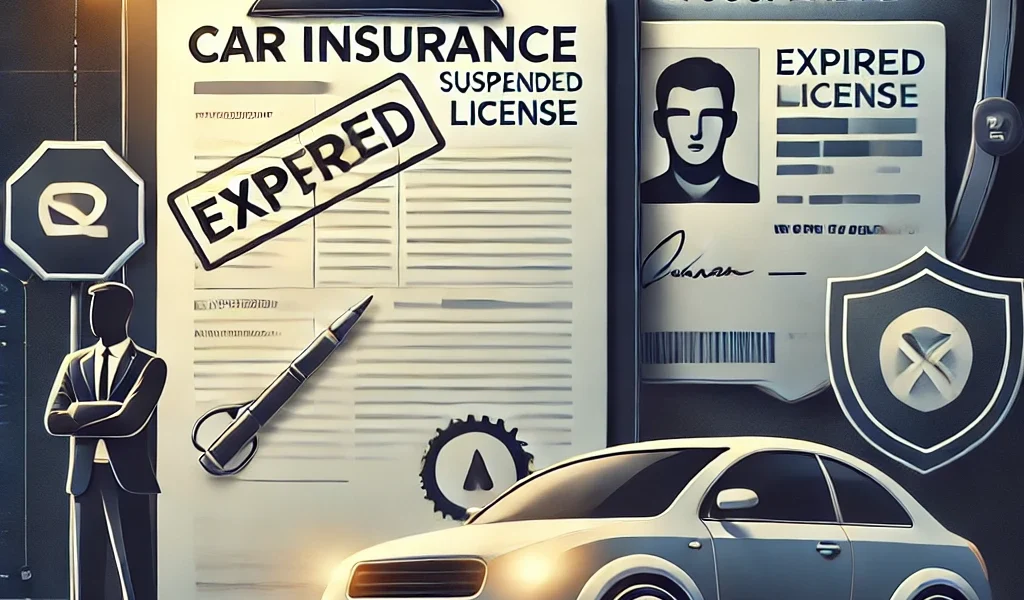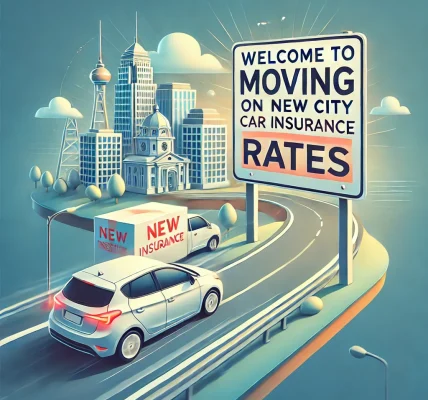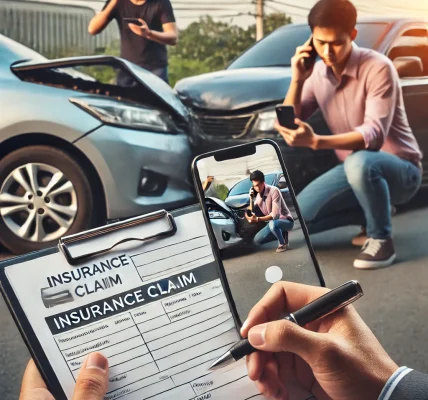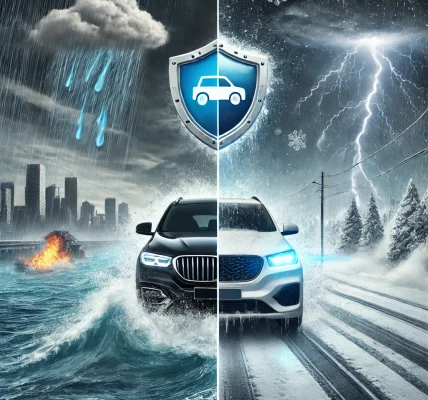Getting car insurance with a suspended or expired license may seem challenging, but it is possible. Many people find themselves in this situation due to various reasons, including unpaid fines, DUI charges, or simply forgetting to renew their licenses. Even with these challenges, having car insurance is crucial to protect yourself financially and legally.
In this comprehensive guide, we will explore how you can obtain car insurance with a suspended or expired license, the options available, and important legal considerations to avoid any legal troubles.
Why Do You Need Car Insurance with a Suspended or Expired License?
Even if your license is suspended or expired, there are several reasons why you may still need car insurance:
- To Maintain Continuous Coverage – A gap in your insurance history can lead to higher premiums in the future.
- For SR-22 or FR-44 Compliance – Some states require proof of insurance before reinstating a suspended license.
- To Protect a Vehicle You Own – If you own a car, you may still want comprehensive or collision coverage to protect it from theft or damage.
- For a Family Member or Permitted Driver – If someone else in your household drives your car, you need an active insurance policy to cover them.
- To Avoid Legal Penalties – Some states legally require an insured vehicle, even if it is not being driven.
Can You Get Car Insurance with a Suspended License?
Yes, you can get car insurance with a suspended license, but it may require additional steps. Many insurers are hesitant to cover individuals with suspended licenses, but some specialize in high-risk drivers.
Steps to Get Car Insurance with a Suspended License
- Find an Insurance Provider That Covers Suspended Licenses
- Not all companies will insure someone with a suspended license, so you need to look for insurers specializing in high-risk coverage.
- Apply for a Named-Driver or Excluded-Driver Policy
- If you are not driving the vehicle, you may need a policy that lists another driver as the primary insured.
- Request an SR-22 or FR-44 Form (If Required)
- Some states require an SR-22 (Proof of Financial Responsibility) to reinstate your license.
- In Florida and Virginia, you may need an FR-44, which requires higher liability limits.
- Consider a Non-Owner Insurance Policy
- If you do not own a car but need insurance for future license reinstatement, non-owner insurance can be an option.
- Pay Any Required Fees or Penalties
- Some insurers may charge higher fees due to your suspended license.
Can You Get Car Insurance with an Expired License?
Yes, you can get car insurance with an expired license, but insurers may view it as a risk factor. Renewing your license as soon as possible will help you avoid complications.
Steps to Get Car Insurance with an Expired License
- Renew Your License (If Possible)
- Check with your state’s Department of Motor Vehicles (DMV) for renewal requirements.
- Explain the Expiration to Your Insurer
- Some insurers may allow a grace period if your license recently expired.
- List Another Driver on the Policy
- If you have a validly licensed family member or friend driving the car, you can list them as the primary driver.
- Choose a High-Risk Insurance Provider
- Some companies specialize in high-risk drivers and may still offer you coverage.
SR-22 and FR-44 Insurance: What You Need to Know
What is SR-22 Insurance?
An SR-22 is not a type of insurance but a document proving that you meet your state’s minimum insurance requirements. It is often required if your license was suspended due to:
- DUI or DWI Convictions
- Driving Without Insurance
- At-Fault Accidents Without Insurance
- Too Many Traffic Violations
What is FR-44 Insurance?
An FR-44 is similar to an SR-22 but requires higher liability coverage limits. This is mainly required in Florida and Virginia.
How to Get SR-22 or FR-44 Insurance:
- Contact an insurance provider that offers SR-22/FR-44 filings.
- Pay a filing fee (usually $15–$50).
- Maintain the policy for the required period (typically 3 years).
How Much Does Car Insurance Cost with a Suspended or Expired License?
If you have a suspended or expired license, expect higher premiums. Insurance companies view these situations as risky, leading to increased rates.
Factors That Affect Your Premium:
- Reason for Suspension – A suspension due to a DUI will cost more than one due to an unpaid fine.
- Driving History – If you have multiple violations, your insurance costs will increase.
- State Requirements – Some states require higher liability coverage for high-risk drivers.
- Coverage Type – Full coverage policies will be more expensive than liability-only plans.
Ways to Reduce Your Insurance Costs:
- Compare quotes from multiple insurers.
- Opt for non-owner insurance if you don’t own a car.
- Take defensive driving courses (if applicable).
- Improve your credit score (in states where it’s a rating factor).
What Happens If You Drive Without Insurance?
Driving without insurance with a suspended or expired license can lead to severe legal and financial consequences, including:
- Heavy fines and penalties
- Extended license suspension
- Vehicle impoundment
- Possible jail time (in severe cases)
Final Thoughts
Obtaining car insurance with a suspended or expired license is possible, but it requires extra steps. Whether you need SR-22/FR-44 insurance, a non-owner policy, or a primary driver listed, exploring your options can help you stay legally protected.
Key Takeaways:
- You can get insurance with a suspended or expired license.
- SR-22 or FR-44 forms may be required in some states.
- Non-owner insurance is an option if you don’t own a car.
- High-risk insurers specialize in coverage for suspended or expired licenses.
- Maintaining continuous coverage helps prevent future rate increases.
If your license is suspended or expired, act quickly to get insurance, comply with state regulations, and protect yourself from unnecessary legal or financial risks.
Need a quote? Contact a high-risk insurer today to explore your options!




